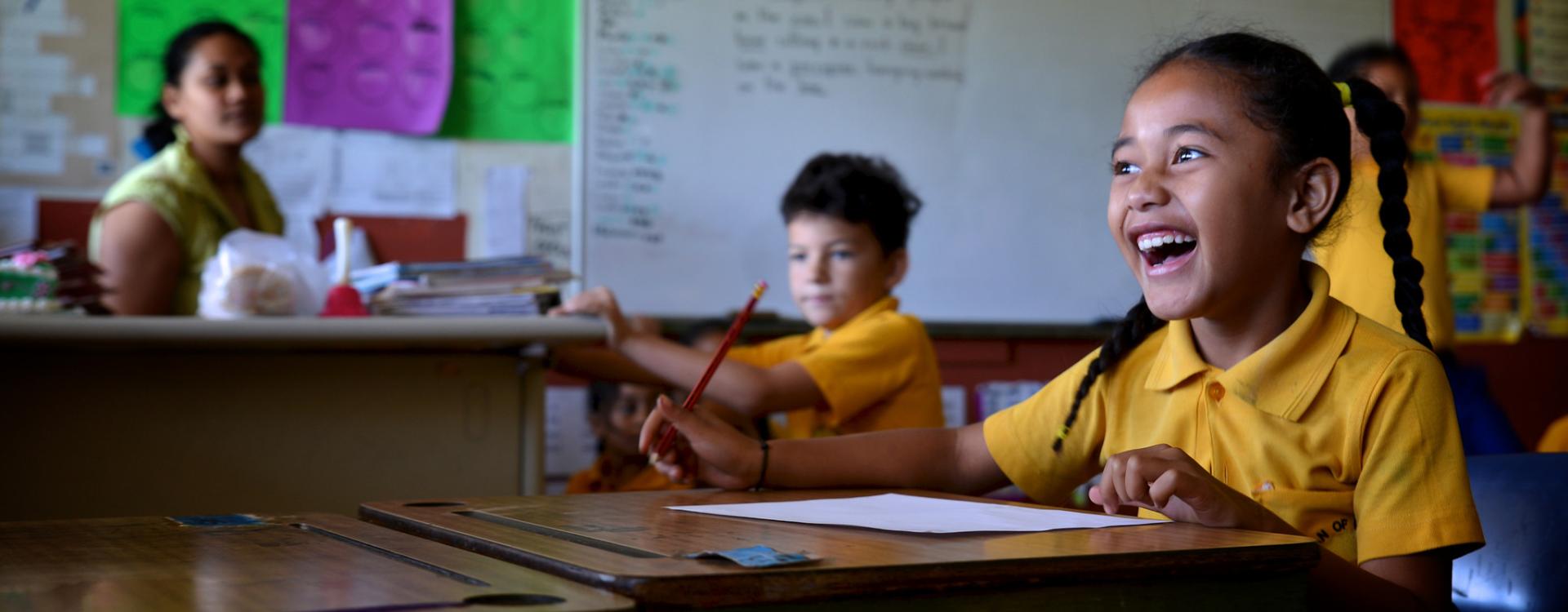We need energy to do the things we do every day. But did you know most of the energy we use comes from sources that will run out unless we find new ways to make it without harming the Earth?
We need energy that is good for the environment and won’t run out! That’s what we call ‘sustainable energy’.
By the year 2030, CSET wants to make sure everyone has affordable, reliable, clean, and sustainable energy. This means we need to work together and make big changes in how we make and use energy.
But most of the time, the words we use to talk about energy and the climate can be confusing.
That’s why CSET wants children and young people to come up with ideas for:
- how we can teach people about sustainable energy in our communities in a fun and easy-to-understand ways, and
- Ways we can use sustainable energy in our communities.
The Organization also want teachers and educators to share their best ideas for teaching about sustainable energy to children and communities.
The Commonwealth believes in investing in young people and helping them lead the way to a better future for everyone.
Eligibility
There are three categories in total. Category A and B are for persons aged 7 to 17 years old, and Category C is for educators of any age who educate their community on sustainable energy.
Please note:
- All individuals and team members must be a resident of a Commonwealth member country.
- Categories A and C are individual submissions. Category B will require a team (minimum of three people) for successful submissions.
- Submission for Category A and B must be led by children and youth from the following age groups (inclusive, and as of 31 August 2023): 7 to 10 years old; 11 to 14 years old; and 15 to 17 years old.
- Only submit original content. All applications must be of original creation by the applicant(s).
- The deadline for all submissions is 31 August 2023.
Submission categories and requirements
There are three categories in total:
Category A – Stories written by children and youth, on the innovation and creative use or teaching of sustainable energy in their communities:
- Identify examples of innovative ways that increase the awareness and/or the use of sustainable energy in your community
- Be a reporter; take pictures, and notes of your selected example
- Write the example into a short story
Category B – Prototypes of technological solutions or innovations developed by the children and youth with or for sustainable energy:
- Take a photo of a problem (related to energy) in your community
- See how it can be solved by using clean/renewable/sustainable energy (e.g. sun, wind, water)
- Test your solution, and record how it is going (what did you do, what the impact has been, and what you have learned)
Category C – Sample or case studies of best practices and materials used to educate and engage communities on sustainable energy. Category C is open to all (any age) formal and informal educators to share their best practices and educational materials:
- Identify ways and materials that successfully engage your community to learn about sustainable energy
- Collate evidence of your sessions (write about your methodology, take a video, collate the materials you use)
Benefits
All winners will receive certificates from the Commonwealth Secretariat. The winning entries (one per five Commonwealth regions of Africa, Asia, Europe and Canada, Caribbean, and Pacific) will be offered the chance to pitch their ideas to their local governments and policymakers through a virtual platform, with the potential for implementation, dependent on funding and suitability of the solution.
A grand prize of sponsorship to the UNFCCC COP 28 in Dubai, UAE will be offered to one (1) representative of an overall winning entry in the age 15-17 category.
The deadline for submissions is 31 August 2023.
Click HERE To Apply









